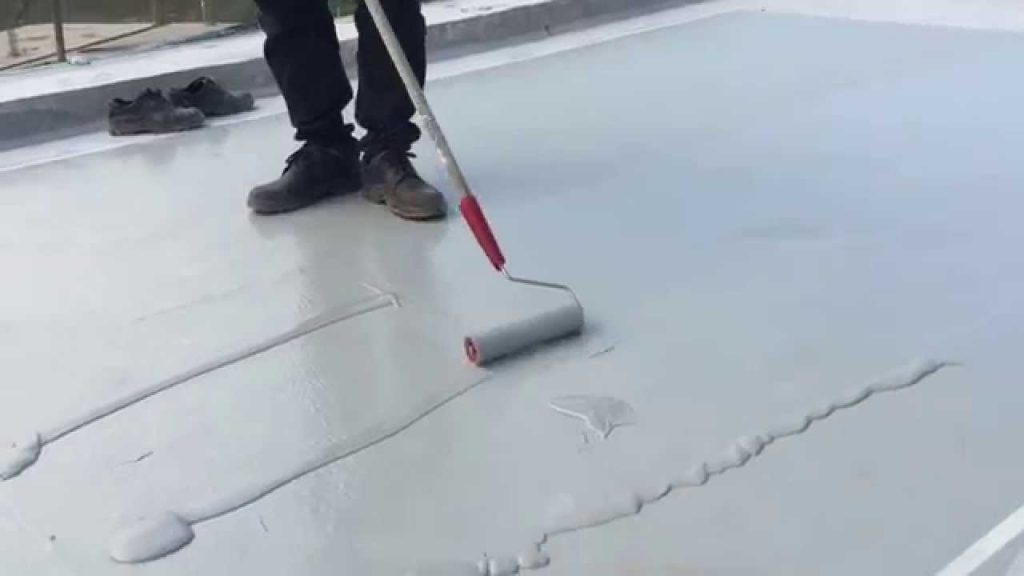Water proofing is a critical aspect of home maintenance that frequently gets ignored. Many homeowners fail to realize the importance of keeping their homes safe from moisture damage, which can lead to expensive repairs and long-term physical issues. Comprehending why sump pump installation is necessary for all home and structure is the initial step towards securing a secure and dry environment for your loved ones. With the ability to save thousands in repairs, the advantages of waterproofing far outweigh the upfront investment.
In this definitive guide to waterproofing, we will explore everything you need to know about shielding your home from water damage. Whether you're dealing with a watery basement, a weak roof, or damp-prone areas like restrooms and cooking spaces, our checklist will provide you with the knowledge you need to take steps. From busting common waterproofing myths to recognizing the signs that your property needs attention, we have you included. Let's delve into the crucial strategies for waterproofing success and make your home a fortress against water.
Comprehending the Essential Nature of Water Resistance
Water resistance is an critical aspect of home and infrastructure maintenance that often goes overlooked. Without adequate waterproofing, a structure is susceptible to water damage, which can lead to structural complications, mildew development, and expensive fixes. By implementing waterproofing techniques, residential caretakers can defend their investments and improve the overall durability of their properties.
One of the primary reasons waterproofing is vital is the avoiding of water intrusion. Whether it's through the foundation, top, or walls, water can leak into a structure, causing harm that may not be evident right away. By addressing these potential infiltration sites, property owners can steer clear of substantial expenses related to fixes and upgrades in the long run. Not only does waterproofing guard against present risks, but it also serves as a anticipatory measure against future risks.
In addition, effective waterproofing contributes to thermal efficiency in properties. When moisture is managed, the risk of energy loss due to dampness is minimized, resulting in reduced heating and cooling costs. Spending on waterproofing not only shields your home but also offers financial benefits through prospective discounts, making it an crucial consideration for any property owner.
Crucial Waterproofing Techniques and Solutions
Effective waterproofing begins with a detailed evaluation of your property to identify vulnerable areas. For sump pump installation , applying waterproof coatings and membranes on walls and floors can halt moisture infiltration. Interior strategies such as drainage systems and sump pumps help manage water infiltration by redirecting it away from vital areas. Additionally, making sure that gutters and downspouts are functioning well can lessen water gathering near your foundation.
When addressing with roofs, picking the right waterproofing materials is crucial. Liquid waterproofing membranes are popular for flat roofs, as they provide a seamless barrier against leaks. For inclined roofs, opting for quality waterproofing coatings can defend against severe weather and increase the longevity of roofing materials. Regular maintenance is critical, including reviewing for cracks and verifying seals around vents and chimneys are secure.
Ultimately, waterproofing outdoor structures such as decks and patios requires dedicated techniques to boost durability. Utilizing sealants formulated for exterior surfaces can prevent water damage and improve longevity. For balconies and terraces, proper drainage systems are essential to avoid water accumulating and following structural issues. By applying these techniques, homeowners can ensure comprehensive protection from moisture-associated problems.
Making Informed Decisions: Do-It-Yourself vs. Expert Waterproofing
When choosing between DIY and expert waterproofing, it is essential to evaluate your skills, the difficulty of the project, and the potential risks entailed. DIY waterproofing can be attractive due to the reduced costs and the sense of achievement of finishing a home improvement project. However, many homeowners underestimate the intricacies involved in properly waterproofing areas like basements or roofing. Mistakes made during a DIY project can result in larger problems down the line, which could costing more in repairs than if a qualified expert had been hired from the beginning.

On the other hand, hiring a skilled waterproofing contractor provides that the job is completed properly and effectively. Professionals offer specialized knowledge, specialized tools, and the availability of high-quality materials that the typical homeowner may not have. Moreover, they can identify underlying issues that may not be clearly visible to an untrained eye. This level of care can save homeowners time and costs over the long term by averting problems such as mildew growth, structural damage, and potential health hazards from water intrusion.
At the end of the day, the decision between DIY and professional waterproofing should depend on your level of comfort with home improvement projects, the particular requirements of the waterproofing task at hand, and your financial limits. If the project is simple and you possess the required skills, DIY may be the way to go. However, for trickier challenges or if you are uncertain, investing in expert services is often the wiser choice, providing assurance and durable results.
